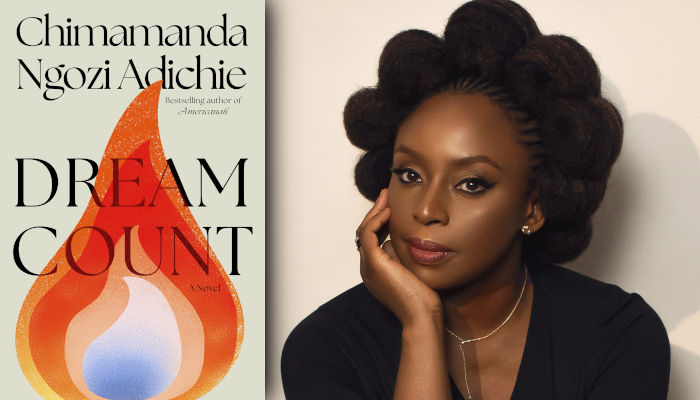A Review of Dream Count by Chimamanda Ngozi Adichie
Dream Count is a book that left a profound impact on me, stirring a flood of emotions that I was not fully prepared for. Written by the renowned author Chimamanda Ngozi Adichie, this novel delves into the complexities of womanhood and relationships, weaving a narrative that resonates deeply with readers.
Chimamanda Adichie is no stranger to crafting powerful and compelling stories, with her debut novel ‘Purple Hibiscus’ receiving critical acclaim and setting the stage for her illustrious literary career. With Dream Count, Adichie continues to showcase her unparalleled storytelling prowess, captivating readers with her exploration of love, identity, and the pursuit of fulfillment.
One of the central themes of the book revolves around the concept of being truly seen and understood by others. The protagonist, Chiamaka, grapples with a sense of emptiness despite outwardly appearing to have it all – supportive parents, a successful career, and a lavish lifestyle. Her journey towards self-discovery and authentic connection is both relatable and poignant, highlighting the universal desire to be valued for who we are at our core.
Throughout the novel, Adichie deftly portrays the struggles and triumphs of the female characters, from Chiamaka’s tumultuous relationship with Darnell to Zikora’s resilience as a single mother. The stories of these women serve as a powerful reminder of the strength and agency that lies within each individual, especially in the face of societal expectations and gender norms.
Adichie’s portrayal of women’s health issues, such as Premenstrual dysphoric disorder (PMDD), is a testament to her willingness to confront taboo topics with honesty and empathy. By shining a light on these issues, she encourages open dialogue and destigmatization, fostering a sense of empowerment and solidarity among readers.
While some may find the pacing of the novel to be slow at times, the underlying messages of self-acceptance, resilience, and the importance of speaking one’s truth shine through brightly. Adichie’s evolution as a writer and thinker is evident in Dream Count, as she fearlessly tackles difficult truths and challenges societal norms with unwavering courage.
In conclusion, Dream Count may not be Adichie’s magnum opus, but it is undeniably a significant and thought-provoking work that invites readers to reflect on their own relationships, identities, and aspirations. It is a testament to the power of storytelling in illuminating the complexities of the human experience and the enduring strength of the human spirit.








